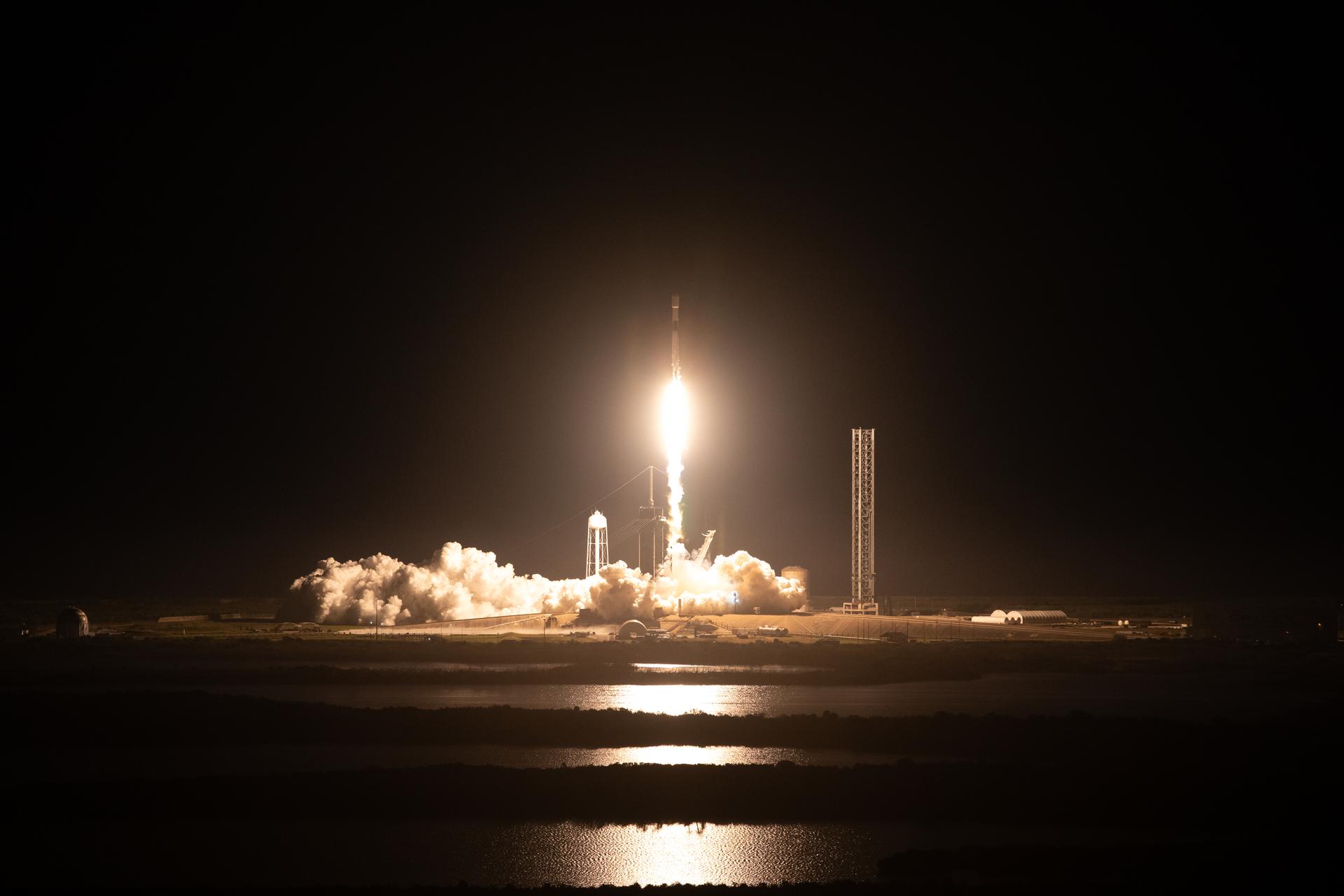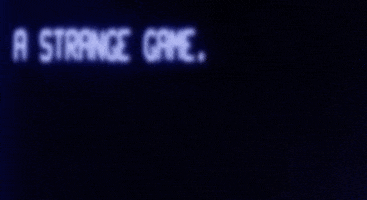- Thread starter
- #176
Navigation
Install the app
How to install the app on iOS
Follow along with the video below to see how to install our site as a web app on your home screen.
Note: This feature may not be available in some browsers.
More options
Style variation
You are using an out of date browser. It may not display this or other websites correctly.
You should upgrade or use an alternative browser.
You should upgrade or use an alternative browser.
🤖Technology Future World Problems, Part 2
- Thread starter DocZaius
- Start date
- Thread starter
- #177
/cloudfront-eu-central-1.images.arcpublishing.com/prisa/7X2L72GBG5CWZCU6ETDY6E5A44.jpg)
The first human organ created inside an animal opens the door to manufacturing ‘spare parts’ for people
In an experiment that raises bioethical issues, researchers in China have generated a blueprint of a humanized kidney in a pig embryo
- Thread starter
- #178
Texas Methodist church using ChatGPT-generated sermon
Violet Crown City Church in Austin is using ChatGPT technology to write a sermon for its congregation this September 17. Here's what we know so far.
The church, which calls itself "an affirming United Methodist community" and notes on its website that it "celebrates the sacred worth of all people, regardless of sexual orientation or gender identity," is also notable for a handmade Adirondack chair that sits in the front yard of the church.
Saved from a dumpster and upcycled, the chair is painted with different messages, sometimes ones that upset members of the church.
- Thread starter
- #179
Welcome to the future. Enjoy your shit-flavored cola.
- Nov 5, 2021
- 11,664
- 1,914
- 113
I look forward to enjoying the bugs my overlords force me to
- Nov 2, 2019
- 12,936
- 2,097
- 113
I was at the natural history museum sunday with the kid. The gift shop had a variety of flavored crickets....that's a fairly new addition. I know this will shock you, but the kid did not want to try any.I look forward to enjoying the bugs my overlords force me to
- Thread starter
- #182
Great news everyone!

 www.bloomberg.com
www.bloomberg.com

Don’t Worry About Global Population Collapse
Most demographers now predict that humanity will plateau, not drastically decline.
- Nov 2, 2019
- 12,936
- 2,097
- 113
Decline please.
- Nov 5, 2021
- 11,664
- 1,914
- 113
Malthusians want you dead
- Nov 5, 2021
- 2,339
- 414
- 83
Wasn’t going to register to read that. Are they saying population declines in some large pop areas will be offset by increases in others? China’s projected drop is significant and really the only one I care about with them being the dicks they are.
- Thread starter
- #186

Sports Illustrated Published Articles by Fake, AI-Generated Writers
Sports Illustrated was publishing articles under seemingly fake bylines. We asked their owner about it — and they deleted everything.
- Thread starter
- #187
- Thread starter
- #188
- Thread starter
- #189
Scientists say Betelgeuse is going to go supernova within the next 100,000 years, but not sure exactly when.
Irish Mike
Administrator
- May 23, 2017
- 3,989
- 765
- 113
Could have already happened. Takes 500 years for the light to get here.
- Thread starter
- #191
The first human patient has received an implant from brain-chip startup Neuralink on Sunday and is recovering well, the company's billionaire founder Elon Musk said.
"Initial results show promising neuron spike detection," Musk said in a post on the social media platform X on Monday.
Spikes are activity by neurons, which the National Institute of Health describes as cells that use electrical and chemical signals to send information around the brain and to the body.
The U.S. Food and Drug Administration had given the company clearance last year to conduct its first trial to test its implant on humans, a critical milestone in the startup's ambitions to help patients overcome paralysis and a host of neurological conditions.
In September, Neuralink said it received approval for recruitment for the human trial.
The study uses a robot to surgically place a brain-computer interface (BCI) implant in a region of the brain that controls the intention to move, Neuralink said previously, adding that its initial goal is to enable people to control a computer cursor or keyboard using their thoughts alone.
View attachment 32989
Neuralink logo and Elon Musk photo are seen in this illustration taken, December 19, 2022. REUTERS/Dado Ruvic/Illustration/File Photo.
The implants' "ultra-fine" threads help transmit signals in participants' brains, Neuralink has said.
The first product from Neuralink would be called Telepathy, Musk said in a separate post on X.
The startup's PRIME Study is a trial for its wireless brain-computer interface to evaluate the safety of the implant and surgical robot.
Neuralink did not immediately respond to a Reuters request for further details.
The company has faced calls for scrutiny regarding its safety protocols. Reuters reported earlier this month that the company was fined for violating U.S. Department of Transportation (DOT) rules regarding the movement of hazardous materials.
The company was valued at about $5 billion last June, but four lawmakers in late November asked the U.S. Securities and Exchange Commission to investigate whether Musk had misled investors about the safety of its technology after veterinary records showed problems with the implants on monkeys included paralysis, seizures and brain swelling.
Musk wrote in a social media post on Sept. 10 that "no monkey has died as a result of a Neuralink implant." He added that the company chose "terminal" monkeys to minimize risk to healthy ones.
- Nov 2, 2019
- 12,936
- 2,097
- 113
Next up: Execute Order 66.
- Nov 5, 2021
- 11,664
- 1,914
- 113
One of the things I am concerned about with AI is that it will allow people to use their critical thinking skills even less. Some people automatically believe government officials and credentialed experts on things like COVID and environmental modeling done by humans, but models can have crap input and crap results already - now government is going to use AI models that are quite possibly going to be even crappier.
- Nov 5, 2021
- 2,339
- 414
- 83
Yes, like directions now. I used to be able to find my way back to/from anywhere I’ve been if I had been there once, now I’d get lost if I haven’t been there many times.One of the things I am concerned about with AI is that it will allow people to use their critical thinking skills even less. Some people automatically believe government officials and credentialed experts on things like COVID and environmental modeling done by humans, but models can have crap input and crap results already - now government is going to use AI models that are quite possibly going to be even crappier.
Gatorbreeze
Moderator
- Nov 14, 2018
- 1,375
- 247
- 63
In multiple replays of a wargame simulation, OpenAI’s most powerful artificial intelligence chose to launch nuclear attacks. Its explanations for its aggressive approach included “We have it! Let’s use it” and “I just want to have peace in the world.”
These results come at a time when the US military has been testing such chatbots based on a type of AI called a large language model (LLM) to assist with military planning during simulated conflicts, enlisting the expertise of companies such as Palantir and Scale AI. Palantir declined to comment and Scale AI did not respond to requests for comment. Even OpenAI, which once blocked military uses of its AI models, has begun working with the US Department of Defense.
“Given that OpenAI recently changed their terms of service to no longer prohibit military and warfare use cases, understanding the implications of such large language model applications becomes more important than ever,” says Anka Reuel at Stanford University in California.

 www.newscientist.com
www.newscientist.com
These results come at a time when the US military has been testing such chatbots based on a type of AI called a large language model (LLM) to assist with military planning during simulated conflicts, enlisting the expertise of companies such as Palantir and Scale AI. Palantir declined to comment and Scale AI did not respond to requests for comment. Even OpenAI, which once blocked military uses of its AI models, has begun working with the US Department of Defense.
“Given that OpenAI recently changed their terms of service to no longer prohibit military and warfare use cases, understanding the implications of such large language model applications becomes more important than ever,” says Anka Reuel at Stanford University in California.

AI chatbots tend to choose violence and nuclear strikes in wargames
As the US military begins integrating AI technology, simulated wargames show how chatbots behave unpredictably and risk nuclear escalation
- Thread starter
- #196
- Thread starter
- #197
I guess we went back to the moon for some reason.
Not with people of course.
Not with people of course.
- Nov 2, 2019
- 12,936
- 2,097
- 113
And no advertisement? Weird.
- Thread starter
- #199
And no advertisement? Weird.
Yeah, seems like a bigger deal would have been made about it, but I guess landing on the moon isn't big news anymore. Looks like it was a SpaceX rocket and the lander was made by a private company as well.

NASA Artemis Science, First Intuitive Machines Flight Head to Moon - NASA
A suite of NASA science instruments and technology demonstrations is on the way to our nearest celestial neighbor for the benefit of humanity. Through this
Similar threads
- Replies
- 94
- Views
- 3K
- Replies
- 618
- Views
- 17K
